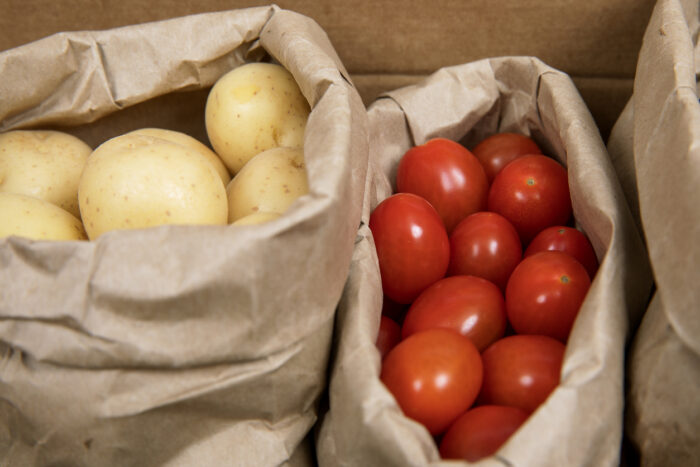On the first day of Rosh Hashanah I shared a sermon about the fact that Teshuvah doesn’t always fit neatly into our calendrical confines. Yes, it would be nice if we heeded the wake-up call that is the first of Elul, and started doing the deep and soulful reflection that Teshuvah demands of us. I wish I could say I picked up the phone and called all those with whom I have an unresolved conflict, a broken promise, an apology left unsaid. But I didn’t exhaust my list, and I know there’s still work to be done.
While I’ve learned to live with myself in spite of it, a text from an old friend pushed me to take this work a little more seriously than I had been. I hadn’t spoken to him, more or less, since we overlapped for a couple of years in rabbinical school, some 13 years ago. And while the content of his message will stay between the two of us, the simple fact that he reached out—well over a decade later—floored me. Here was someone who, for all intents and purposes, had “gotten away with it.” I hadn’t thought twice about our exchange since it originally happened, but something inside of him spurred him to pick up the phone and reach out to me. He resurfaced his own culpability which was long since buried and forgotten, just so that he could atone for it.
That message from my friend got me thinking: What else can change so thoroughly, over so long, that you wouldn’t even recognize it anymore? Where else do we plant seeds and wait, and wait, and wait, until something noteworthy emerges, until it finally bears fruit?
Turns out, the answer to the question is: Tomatoes.
According to a recent study published in Cell and reported in The Guardian, potatoes evolved from, you guessed it, tomatoes. Yes, the starchy spud, our humble modern potato, evolved from an ancient tomato. About 9 million years ago, wild tomato species hybridized with a genus called Etuberosum. The result? A strange new plant with the genetic ability to grow underground tubers—the potatoes we know and love. Today, tomatoes and potatoes aren’t just botanical cousins, they are direct evolutionary descendants.
Researchers analyzed over 450 cultivated potato genomes and 56 wild species. They discovered that two genes—SP6A (from tomato) and IT1 (from Etuberosum)—together, gave rise to tuber formation. That’s what allowed the transformation. It happened in response to a changing world; the rising Andes mountains, colder climates, and harsher conditions.
Let that sink in: Your French fries were once a tomato. Which also answers the age-old question of why the only reasonable dip for French fries is ketchup… they were genetically fated to pair well together! All it took was the right environmental pressure, a long enough timeline, and some quiet persistence underground.
Sometimes, to evolve, you have to do work that’s out of sight, underneath the surface. Soul work, spirit work, slow work.
Rav Kook, in Orot HaTeshuvah, presents this process of transformation as almost cosmic: a step-by-step process of elevating ourselves and others.
“Teshuvah comes in stages, each uplifting the soul a bit more… It can come slowly,” he says, “like the dawn (breaking the horizon).”
This idea, that teshuvah is like the gradual rising of the sun, encourages patience. We can try ‘til we’re blue in the face, but the sun isn’t going to rise any faster. It will rise when it will rise, just as we will change when we will change. If tomatoes could wait 9 million years to transform, then I suppose we can learn to be patient with the process of Teshuvah, too. No faster and no slower than God intended for us.
As the Austrian poet Rainer Rilke once wrote, “Be patient toward all that is unsolved in your heart and try to love the questions themselves…. Perhaps you will then gradually, without noticing it, live along some distant day into the answer.”
As we enter the liminal space between Rosh Hashanah and Yom Kippur, when our inscriptions in God’s great book and when those inscriptions are sealed, may we all find patience in the slow, soulful work of transformation. May we recognize that in the meantime, in-between time, we are no longer the tomatoes we once were, but not yet the potatoes we are destined to become, either. I wish you all a g’mar chatimah tovah—a good, final seal in God’s great Book of Life.

